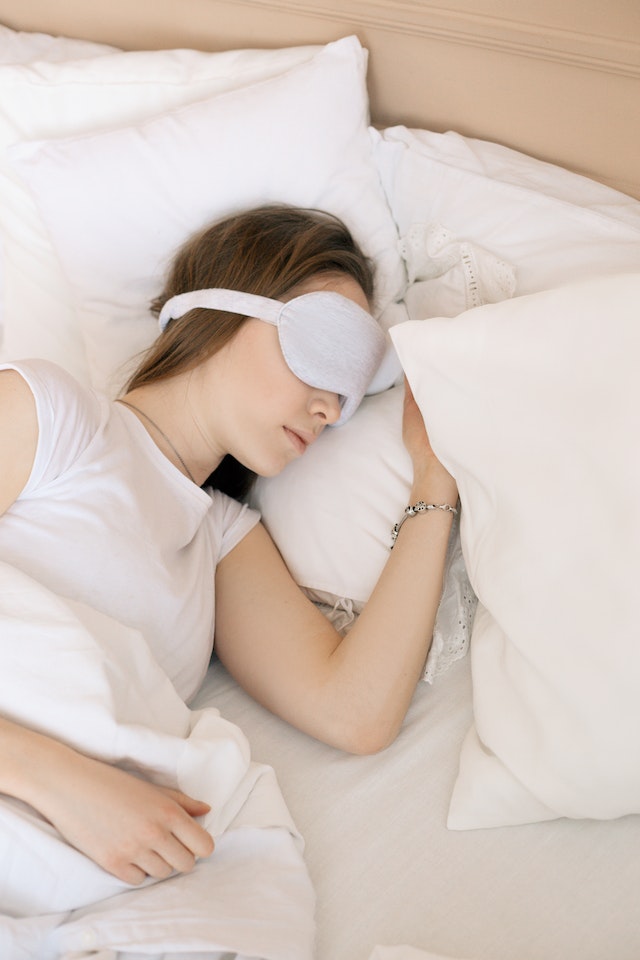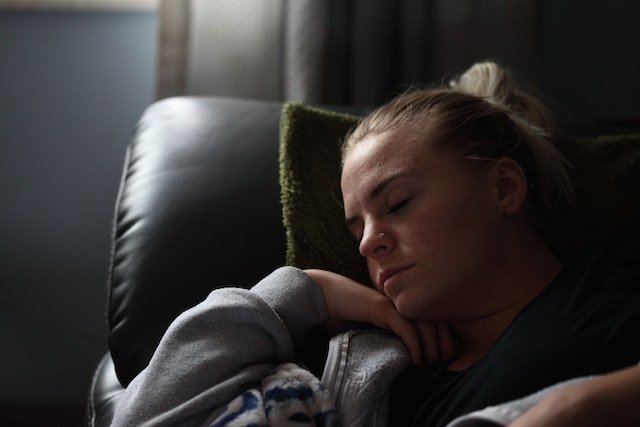Trouble Sleeping? How to Get a Good Night’s Sleep
Everyone’s had days where they just can’t seem to get a good night’s rest no matter what they do. Sleep is essential for physical and mental health, and when you don’t get enough of it, it can lead to a whole host of issues.
In this article, you explore the importance of sleep and how to get a good night’s slumber.
What Is Sleep and Why Is It Important?
Sleep is a natural state of rest that is essential for both physical and mental health. During sleep, your body is able to repair and restore itself, while your mind processes and stores information from the day. Without enough sleep, your body becomes fatigued and more prone to illness and injury. Additionally, lack of sleep can lead to mental health issues such as anxiety, depression, and decreased cognitive performance.
It is recommended that adults get 7-9 hours of sleep per night, but this may vary depending on the individual. Children and adolescents require more sleep than adults, and seniors need less. It is important to get the right amount of sleep for your age in order to maintain good health.
Tips for Improving Your Sleep

The following tips can help you get better sleep.
Keep a regular sleep schedule.
Going to bed and waking up at the same time every day will help your body get into a regular sleep pattern.
Create a relaxing bedtime routine.
A relaxing bedtime routine can help your body and mind relax and prepare for sleep. This can include taking a warm bath, reading a book, or doing some gentle stretching.
It is also important to create a sleep environment that is conducive to restful sleep. This includes keeping the room dark and at a comfortable temperature, using blackout curtains or an eye mask, and keeping the room quiet.
Avoid caffeine and other stimulants.
Caffeine and other stimulants can interfere with your sleep, so it’s best to avoid them in the evening.
Avoid using screens before bed.
The blue light from screens can interfere with your body’s production of melatonin, a hormone that helps you sleep.
Exercise regularly.
Regular exercise can help improve the quality of your sleep. Exercise helps reduce stress and anxiety, which can both interfere with sleep. It also helps regulate the body’s circadian rhythm, which is what tells your body when it’s time to sleep and wake up. Exercise also releases endorphins, which can help you feel relaxed and calm.
It is important to get at least 30 minutes of exercise a day, but it is best to avoid exercising close to bedtime, as it can make it more difficult to fall asleep.
Avoid napping during the day.
Napping during the day can interrupt your sleep at night, so it’s best to avoid it.
Seek nutritional support for better sleep.
Certain nutrients and supplements can help support better sleep. Magnesium, calcium, and B vitamins are all important for restful sleep.
Additionally, melatonin supplementation can be beneficial for those who struggle to fall and stay asleep. Melatonin is a naturally occurring hormone that is produced in the brain and helps regulate the body’s sleep-wake cycle. Supplementing with melatonin can help those who have difficulty falling asleep, staying asleep, and getting restful sleep. It is important to talk to your doctor before taking melatonin supplements to make sure they are right for you.
Conclusion
Getting a good night’s sleep is essential for physical and mental health. There are many factors that can disrupt your sleep, but there are also many tips and tricks that can help you get the restful sleep you need.
Share this content:














Post Comment